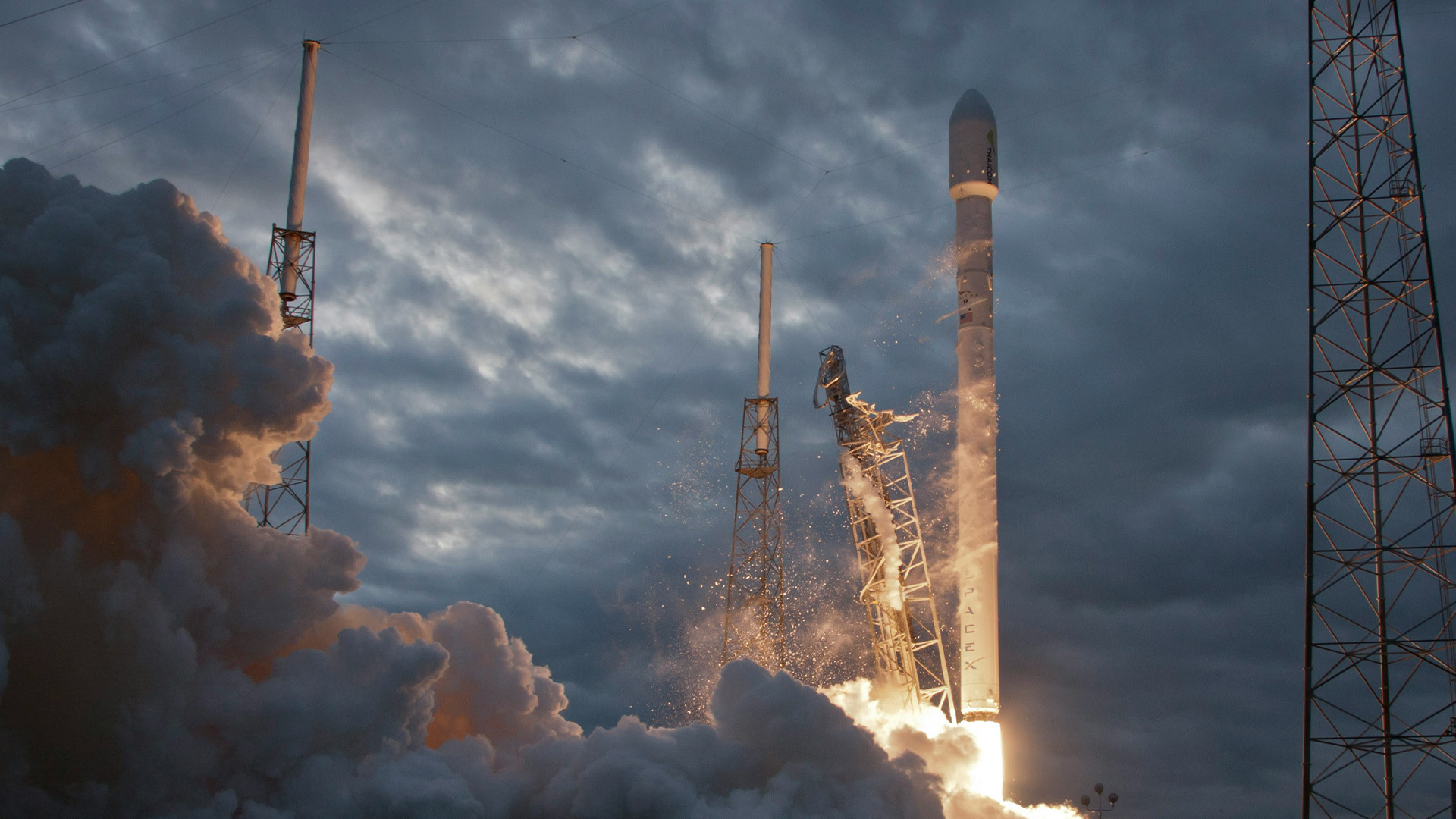Published by
The space industry isn’t just about rockets and distant planets—it’s driving real, practical advancements that impact our world and lives. From satellite-powered connectivity to climate monitoring and disaster management, space technology is helping solve challenges across industries.
But what’s next? Below, members of Forbes Technology Council share the most significant ways they see space innovation impacting other sectors as well as everyday living and where it could go from here. Their insights might change the way you think about the space industry and its role in shaping life on Earth.
1. Repurposing Carbon Capture Technology To Fight Climate Change
Carbon capture technology developed for Mars missions is being repurposed to fight climate change on Earth. These highly efficient systems, designed to process CO2 in space habitats, are now being scaled for industrial use. It’s a perfect example of how space research drives innovation that can help solve our most pressing environmental challenges. – Marc Fischer, Dogtown Media LLC
2. Converting Advanced Sensors For Smart Manufacturing
Space missions rely on advanced sensors to capture critical data. These sensors are now enabling smart factories with real-time monitoring, predictive maintenance and precision automation. Space-developed sensors are also providing enhanced data capture for precision farming, health monitoring and smart city infrastructure. – Amy Gu, Dynamsoft
3. Enabling Advancements In Global Connectivity
The space industry has revolutionized global connectivity and disaster response through advancements in satellite technology. Satellites enable real-time communication, GPS navigation and climate monitoring, helping mitigate natural disasters, optimize agriculture and bridge digital divides. As space tech advances, its impact on sustainable development, resource management and security grows. – Hrushikesh Deshmukh, Fannie Mae
4. Introducing ‘Go Anywhere’ Cameras
CMOS camera sensors have revolutionized so many industries—and the personal lives of most people—that we take it for granted that cameras can fit almost anywhere. From my sewer line to my mouth (thankfully not the same camera), small digital cameras have made it possible to see problems up close and transfer the images instantly to whoever needs them. Plus all the fun stuff, too. – Luke Wallace, Bottle Rocket
5. Gathering Data About Earth’s Health
One way that space-based tech helps is that it enables remote sensing and environmental monitoring. By gathering data about our planet’s health, such as tracking deforestation rates, monitoring weather patterns or detecting signs of natural disasters, scientists can develop better models for predicting and mitigating the impacts of climate and other environmental challenges that affect every aspect of life on Earth. – Tim Bates, Godfather of Tech
6. Cutting Travel Times
One practical way the space industry can make a difference in life on Earth is by providing very fast transportation. Technological advances in suborbital and direct-to-space travel could slash long-distance travel times to the extent that intercontinental travel would be under one hour. This technology would transform global connectivity, promote international trade and improve disaster relief. – Tarun Eldho Alias, Neem Inc.
7. Providing Global Internet Coverage
The space industry has accelerated advancements in communication technology, particularly through satellite networks. These networks provide global internet coverage, even in remote areas, improving connectivity and access to education, health care and economic opportunities. This technology can bridge gaps in underserved regions, driving global growth and innovation. – Kalyan Gottipati, Citizens Financial Group, Inc.
8. Establishing Space-Based Data Centers
One innovation I’m excited about is space-based data centers. They could reduce Earth’s energy use, leverage space’s natural cooling and lower carbon emissions. With unlimited solar power, they enhance sustainability while improving global connectivity and cybersecurity. This could revolutionize cloud computing, making data storage more efficient and environmentally friendly for humanity’s future. – Pavan Emani, Truist Bank
9. Assisting First Responders In Disaster Management
Space satellites, already transforming agriculture, have the same potential to transform disaster management, including wildfires like the recent ones in Los Angeles. Space-based sensors collect and exchange data and imagery across optical, hyperspectral and multispectral domains, enabling advanced analytics for real-time insights. These insights help firefighters track fires, predict spread and optimize evacuations. – Xingjian “XJ” Zhang, Apex.AI
10. Implementing Forward Osmosis Filtration For Safer Water
NASA and ESA have created advanced water purification systems to provide astronauts with clean water during long missions. One notable technology, forward osmosis filtration, effectively removes contaminants with low energy use. These innovations are now used on Earth to supply safe drinking water to remote areas and disaster zones, improving public health and reducing waterborne diseases. – Cristian Randieri, Intellisystem Technologies
11. Powering Satellite-Based Quantum Encryption
The space industry is revolutionizing global cybersecurity through satellite-based quantum encryption. As cyberthreats escalate, satellite-driven quantum key distribution (QKD) enables ultra-secure communication, immune to eavesdropping—even from quantum computers. This innovation ensures governments, enterprises and financial systems remain secure in an era of AI-driven cyber warfare. – Jason Nathaniel Ader, Qryptonic, Inc.
12. Solving The Global Waste Crisis
The space industry has driven innovation in waste management through technologies designed for closed-loop life-support systems in spacecraft. These systems, which recycle air, water and waste, are being adapted on Earth to improve recycling processes and reduce landfill dependency. Such advancements contribute to more sustainable living and help address the growing global waste crisis. – Pradeep Kumar Muthukamatchi, Microsoft
Share:
Categories
tags
Related Posts


The Great Big Budget Cut: Prioritization


